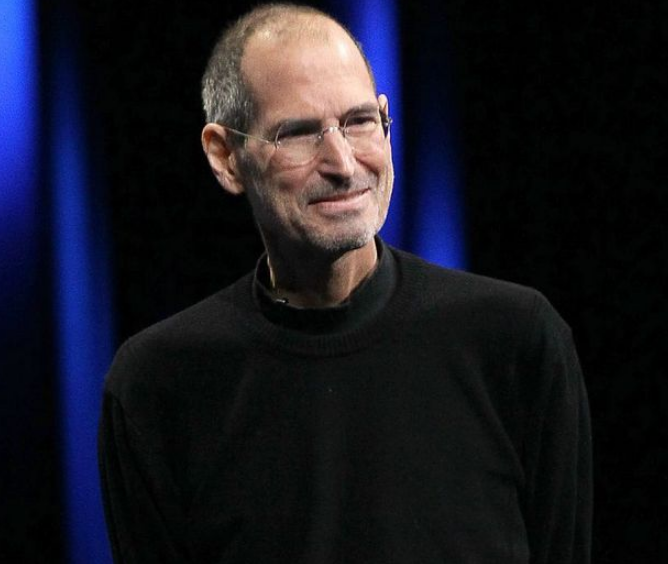At this point Jobs could have decided simply to indulge piracy.
本来,乔布斯完全可以放任盗版的存在。
Free music meant more valuable iPods.
免费音乐意味着能卖掉更多的iPod。
Yet because he really liked music, and the artists who made it,
但是,因为他真的热爱音乐,也热爱创作音乐的艺术家,
he was opposed to what he saw as the theft of creative products.
所以他反对这种偷窃创意产品的行为。
As he later told me: From the earliest days at Apple, I realized that we thrived when we created intellectual property.
他后来告诉我:从苹果公司创立之初,我就意识到,我们的成功是来自知识产权。
If people copied or stole our software, we'd be out of business.
如果人们可以任意复制或偷取我们的软件,我们早就破产了。
If it weren't protected, there'd be no incentive for us to make new software or product designs.
如果知识产权不受到保护,我们也没有动力再去制作新软件或设计新产品了。

If protection of intellectual property begins to disappear, creative companies will disappear or never get started.
如果没有了对知识产权的保护,那么很多创意公司就会消失,或者根本不会出现。
But there's a simpler reason: It's wrong to steal. It hurts other people. And it hurts your own character.
其实说到底,道理很简单:偷窃是不道德的。这样做会伤害其他人,也有损自己的名誉。
He knew, however, that the best way to stop piracy -- in fact the only way
然而他知道,阻止盗版的最佳办法--其实也是唯一办法,
was to offer an alternative that was more attractive than the brain-dead services that music companies were concocting.
就是提供一个比那些音乐公司推出的愚蠢服务更加吸引人的选择。
"We believe that 80% of the people stealing stuff don't want to be, there's just no legal alternative," he told Andy Langer of Esquire.
他告诉《君子》杂志的安迪·兰格:“我们相信,有80%下载盗版的人都是不得已的,只是没有给他们提供合法的选择而已。
"So we said, 'Let's create a legal alternative to this.'
所以我们说:‘我们创立一个合法的途径吧。’
Everybody wins. Music companies win. The artists win. Apple wins.
这样大家都会受益。音乐公司能赢利,艺术家能赢利,苹果公司也能赢利。
And the user wins, because he gets a better service and doesn't have to be a thief."
而用户也会有所收获,因为他们既享受到了更好的服务,又不必偷窃。”



